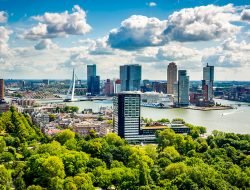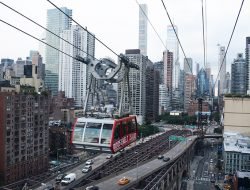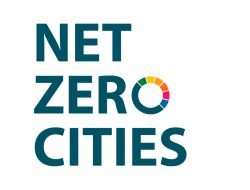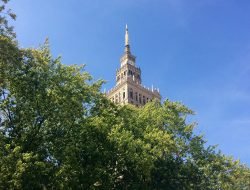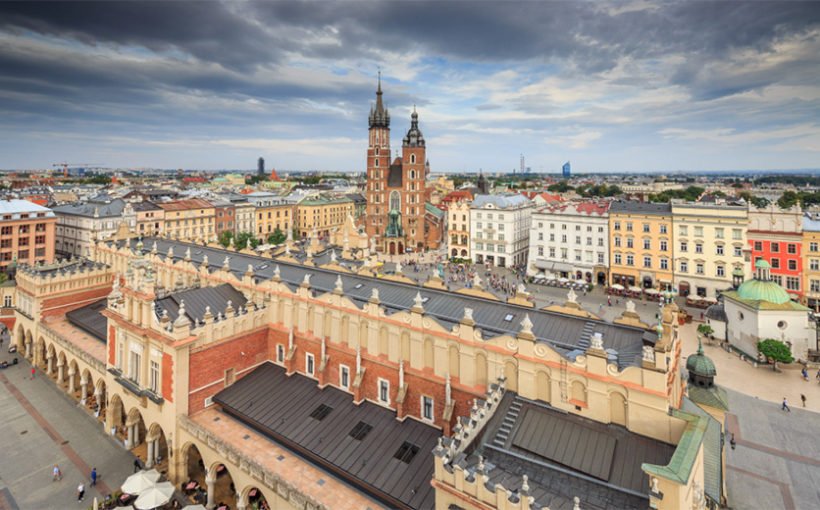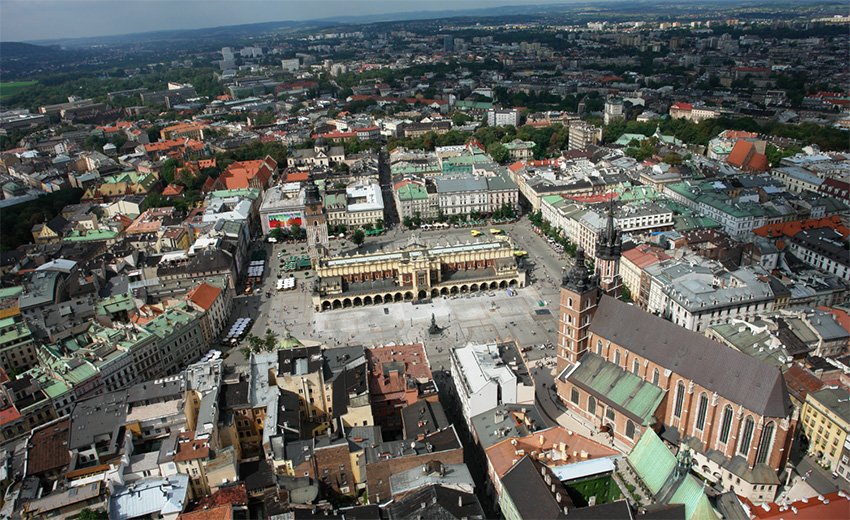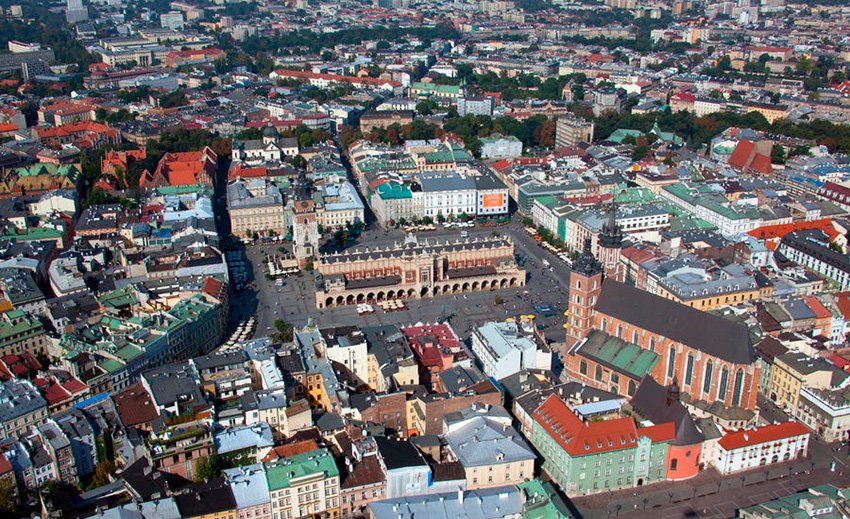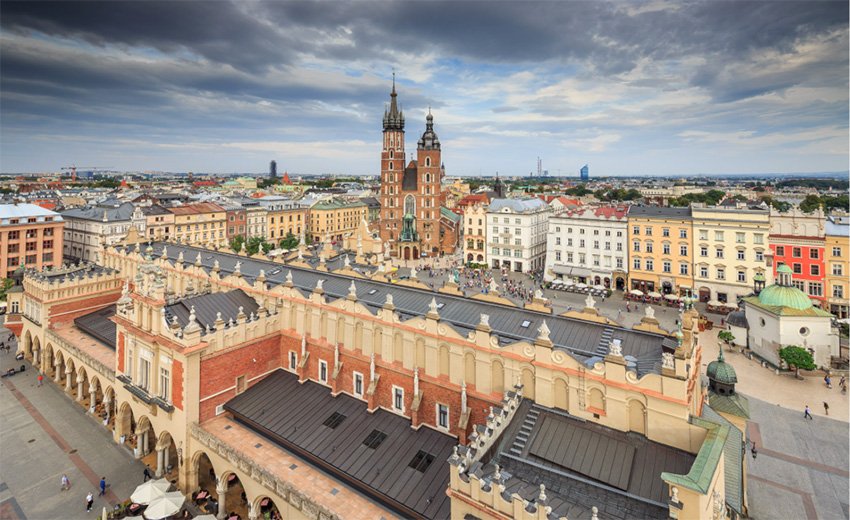The City of Krakow has recently stepped up initiatives to reduce air pollution. In particular by banning the consumption of coal in homes. And that’s easier said than done…
Krakow is a very popular tourist destination in Poland. But it is also one of the most polluted Polish cities. To such an extent that an old local joke sums up the matter as follows: when you open a window in Krakow, it’s not to ventilate your room, but to freshen the outside air. Deutsche Welle, a German online media outlet, for example, explained that breathing for a year in Krakow was equivalent to smoking 3,000 cigarettes.
Since last year, the municipality has banned anyone, under penalty of a fine, from burning wood or coal at home – when it is not just garbage – and even from lighting a barbecue. A first measure that should make it possible to clean the city somewhat.
40,000 fewer stoves
But things are not so simple: the city has a long history related to coal. Part of this air pollution comes from the local steel mill, which is still running on coal. But individual heaters, still mostly old stoves, are also responsible for this pollution. In addition, Krakow is installed in a low-wind basin, which slows the dispersion of carbon releases. Finally, while coal consumption has decreased throughout Europe, Poland still produces 86% of European coal. In 2018, 50 million tonnes were produced, as well as 59 million lignites, a particularly polluting variety. But the city is doing something about this problem. For example, households have received financial assistance to switch to central heating, which has resulted in the disposal of 40,000 stoves in recent years; drones control air quality; police now measure the toxicity of exhaust gases…
In this difficult battle against air pollution, we see that the issue is not only ecological, it is also economic and human.
Tags: air pollution, coal, Krakow, Poland



